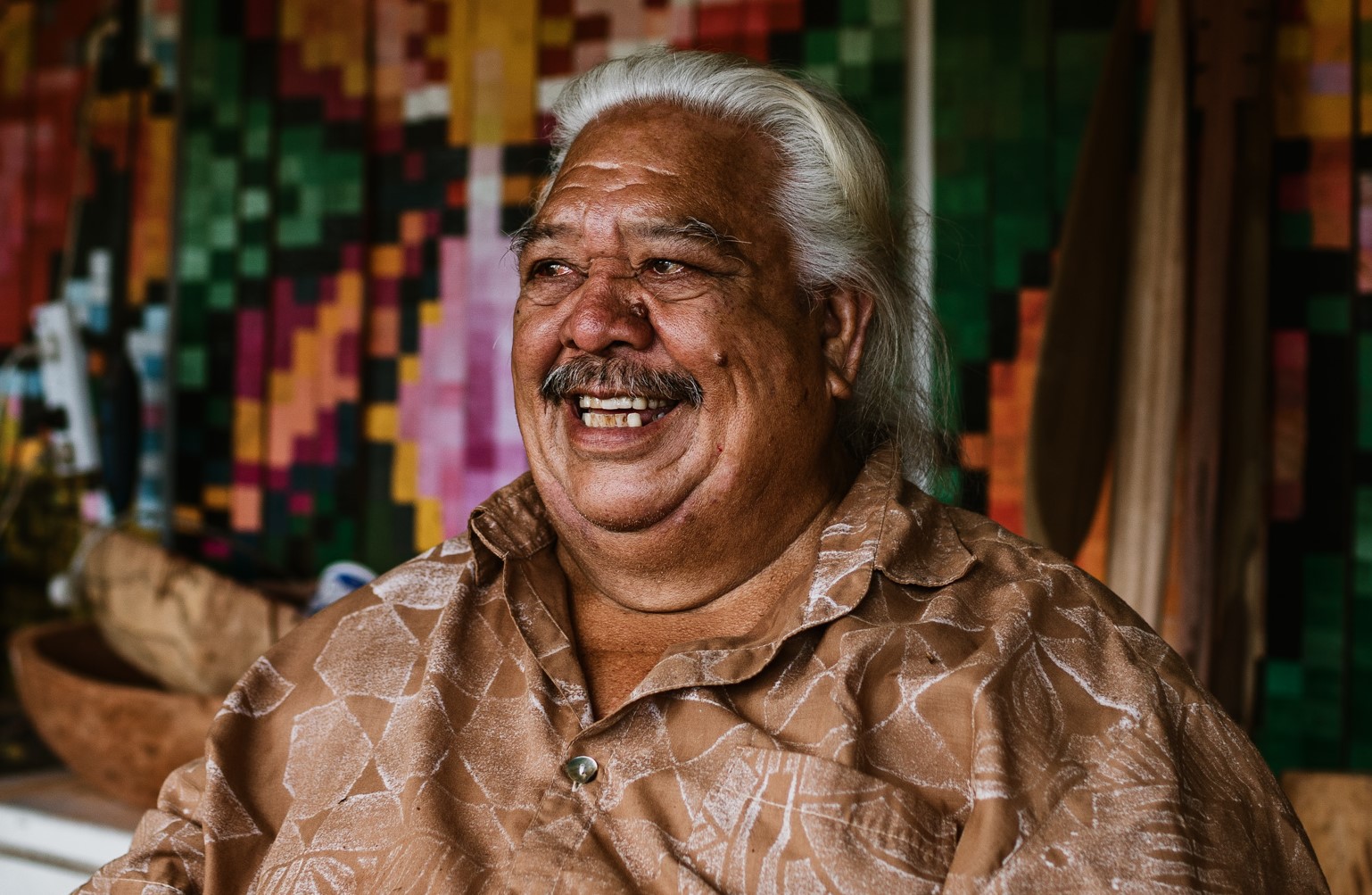Opinion
Letter: What are we celebrating?
Dear Editor, In January 2024, a year ago now, on a beach at Mauke, two older teenaged girls kicked and bashed a younger teenaged girl with intellectual disabilities, while the third girl (friend of the other two) filmed it and put it on the internet.
Ruta Mave: Passport plan leaves Cook Islands vulnerable and isolated
Prime Minister Mark Brown’s passport proposal presents as more personal than from the people. He sounds like a spoilt teenager who has graduated from his ‘L’ plate to a full driver’s licence, declaring to his parents that he is all grown up now, and wants to be independent, writes Ruta Mave.
Letter: Damages over defamatory claims
Dear Editor: In the Cook Islands High Court Bench Violation Book, 4.2 rule of law, it states, “the doctrine of the rule of law”, in its simplest form, means that we are all subject to clearly defined laws and legal principles [rather than the person whims of powerful people] and that those laws apply equally to all people all the time.
Ruta Mave: Call for proper caring for elderly
Will anyone address the elephant in the room? asks columnist Ruth Mave. And will government tax pensioners again? Mave writes.
Te Ipukarea Society: Plastics problem impacting our health
Te Ipukarea Society was recently represented by June Hosking at the 3 day Fiji National Symposium on Plastic Pollution Prevention, hosted by Fiji's Pacific Islands Climate Action Network. The symposium was supported by UN Trade & Development and UNDP. Following are her reflections.
Thomas Wynne: Do we have a healthy democracy?
If we were to give our democracy a scorecard out of ten, what would that number be, and what questions would we ask our government to help us determine that score? A healthy democracy is often characterised by robust institutions, active citizen participation, respect for human rights, and accountability. Thomas Wynne writes.
Letter: Opposition asleep at the switch?
Dear Editor, Why is it that the media the only one digging into the practices of the former and current government officials?
Letter: All Saints Day and death!
Unfortunately, none of us escapes death. It waits for us around the corner, and can appear suddenly, very unwelcome. You can’t dodge or jump over it. You are going to die.
Pet Talk: Controlling pet population and improving health through desexing
Desexing, also known as spaying (for females) or neutering (for males), is a common veterinary procedure. This practice is crucial not only for controlling the pet population in Rarotonga but also for improving the health and behaviour of pets, writes Dr Rose Hasegawa, medical director Te Are Manu Vet Clinic.
Letter: Raro becoming ‘concrete paradise’
Dear Editor, It’s got to be a joke. “CIIC” and “tree rehabilitation” (Oct 21st Cook Islands News article) in the same sentence? That’s two polar opposites. We don’t care about vehicular traffic, just don’t cut the trees, please.
Michael Tavioni: Leave our New Zealand passport alone
There are countries in the world where governments always ask their citizens’ opinion on any major issue before enacting legislation. In these countries, the government will only proceed if the public approves, writes Mitaera Ngatae Teatuakaro Michael Tavioni BEM.
Letter: Call for sustainable waste disposal
Dear Editor, With the climate change COP-29 coming up, I think it is timely to consider what Pacific Small Island Developing States (“SIDS”) can do to help reduce impacts of greenhouse gases. It is also relevant to talk about disposal of plastic wastes, because the 5th International Negotiating Committee for the new global Plastics Treaty will take place next month.
Ruta Mave: Proposed Cook Islands passport and water woes
My nana used to say people got a brown arm from their elbow down from s#*t stirring, and dangerous expert ones were brown up to their armpits, Ruta Mave writes.
Letter: Prioritise people over passport
Dear Editor, Re-Cook Island Passport. Unwanted, full stop. I’m a proud Cook Islander and have a full understanding of the meaning of being a New Zealand citizen. What a privilege.
Te Ipukarea Society: Dedicated conservation efforts boost Kākerōri population
The Rarotongan Fly-Catcher, locally known as the Kākerōri, has had quite the history. It was once recognised as one of the 10 rarest birds in the world with 29 individuals recorded in 1989. Rats feasting on Kārerōri nests were the number one threat to the Kākerōri.
Thomas Wynne: The debate over Cook Islands passport
Our identity as Māori is attached to our akapapa and our akapapa is attached to land. Land, that has over time become more fragmented, smaller and occupied by often vacant land owners, but this is not about land tenure and absentee landowners, writes Thomas Tarurongo Wynne.

























































